Your joy is your exposed pain.
And the same spring from which your laughter flows, was often full of your tears
And how could it be otherwise? ”
The deeper that pain cuts into your being, the more joy there can be in you
Isn't the jug in which you have wine - exactly the jug that was baked in the potter's oven?
And isn't the lute that spoils your spirit - from the same wood that was cut with a knife? ”
When you are happy, look deep into your heart, and you will see that only what has caused you pain can be heard in you with joy.
When you are sad, look into your heart again, and you will see that you are actually crying for what was your joy.
Some of you say, "Joy is better than sorrow," and some say, "No, no, sorrow is better."
But I'm telling you - the two of them are inseparable. "
They arrive together, and when one of them sits at your table, know that the other is sleeping in your bedroom.
You are swaying, really, like scales, between sorrow and joy
Only when you are empty do you rest in balance.
When the treasurer takes you to measure his gold and silver, your joy or sorrow must rise or fall.
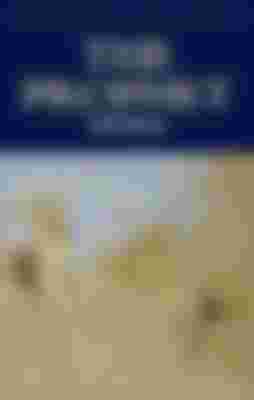
[Khalil Jubran | PROPHET]
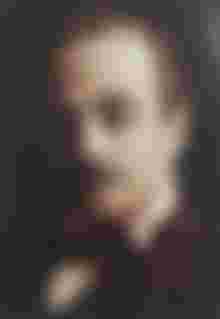
Khalil Jubran (January 6, 1883 - April 10, 1931) was a Lebanese-American writer, poet, and artist.
Originally from Lebanon, Khalil emigrated with his family to the United States as a child, where he studied art and began his career.
He is best known for his work The Prophet.
Khalil was born in Bhari, in today's Lebanon, and then part of the Ottoman Empire. His mother, Camilla, was the child of a priest and her marriage to his father, Khalil, was her third marriage. His family belonged to the Maronite Catholic Church. During his youth, Khalil's family was poor, so in his youth he had no formal education, although the priest taught him Arabic and the Bible. Halil's father was a pharmacist, but due to gambling debts, he started working for the city manager.
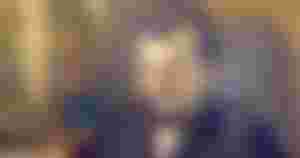
After several charges, his father is accused of embezzlement, arrested and all his property confiscated. After a few years in prison, his father was released and in 1895, at the initiative of his mother, the whole family went to Boston, in the United States.
In Boston, when he enrolled in school, his name was misspelled as Kahlil Gibran (instead of Khalil), as a result of which, later, he became known in a foreign-speaking area by this name as well. Khalil is placed in a special department for learning English. At the same time, he joined the local art school. There, through his teachers, he met avant-garde artist, photographer and publisher Fred Hollande Day, who encouraged and supported Khalil. Khalil's mother wanted Khalil not to forget his culture because of the Western influence that was tempting to Khalil, so in 1898 he sent him back to the Maronite school and then to study in Beirut. Khalil returned to Boston in 1902. After the death of his mother, sister and brother, he lives with his sister Marijana, who supports them both by working in a tailor's shop.
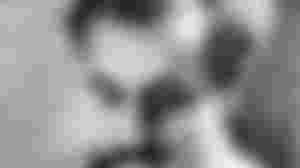
From 1908 to 1910, Khalil attended the Julian Academy in Paris. Khalil had his first exhibition of drawings in 1904 in Boston. It was then that he met Mary Elizabeth Haskell, with whom he developed a long-standing friendship and who invested money in him and proofread his works in English. Khalil and Mary Elizabeth were engaged for a short period, but Khalil broke off the engagement. She married another man in 1923, but continued to help Khalil financially.
Broken Wings, his only novel, was written in 1912. Until 1918, Khalil wrote in Arabic. Then came his first work in English, Ludak, a work written between poetry and prose. The Prophet, his most famous work, was published in 1923. Some other significant works are: Sand and foam, Gods of the earth, Prophet's garden ...
After the Prophet was announced, Khalil began to drink, sometimes locking himself in his apartment. He died in New York, in 1931, at the age of 48, from the consequences of cirrhosis of the liver due to chronic alcoholism and tuberculosis. Khalil expressed his wish to be buried in Lebanon, and after his death, Mary Elizabeth and his sister Mariana bought the Mar Sarkis Monastery in Lebanon, which was turned into the Jubran Museum. His words are on his grave: “the word I want to see on my grave: I am alive like you and I stand by you. Close your eyes and look around, you will see me in front of you.
Khalil Jubran and May Ziyada, both writers, corresponded for some twenty years, more precisely until the end of his life. They loved each other, they were friends, they were longing lovers, and they never saw each other. Their letters were published in a book called "Blue Flame" and each of the letters is a kind of poetry of the soul.
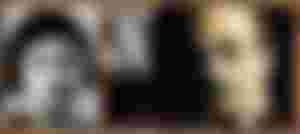
Khalil's most famous work is The Prophet. It consists of 26 poetic essays. It gained its popularity during the 1960s with the New Age movements. It has been translated into more than 40 languages. When this work came to Elvis Presley, it had a great influence on him, so much so that he gave copies of this work to his friends and colleagues. The Beatles' John Lennon used his verse from the book Sand and Foam in Julia's song on their 1968 album.
The verse reads: "Half of what I say is meaningless, but I still say it to hear the other half." Johnny Cash recorded the audio cassette of his work The Prophet's Eye.Selma Hayek was the producer of the animated film The Prophet in 2014.
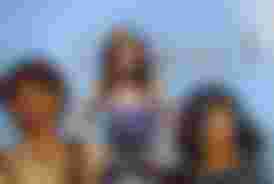
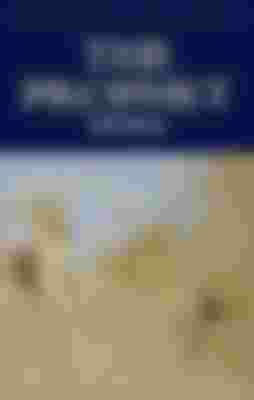
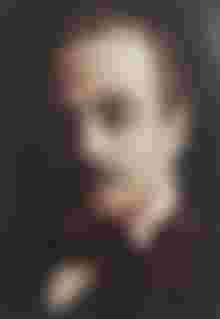
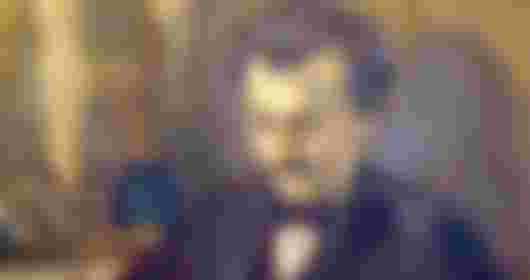
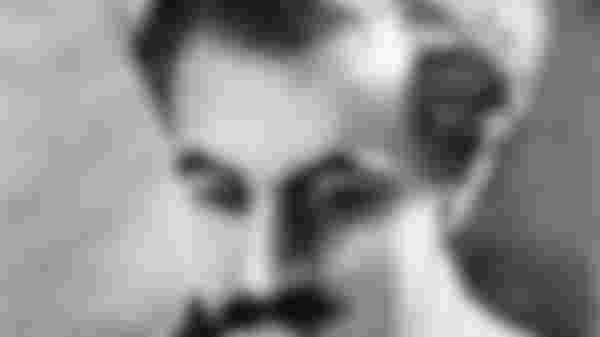
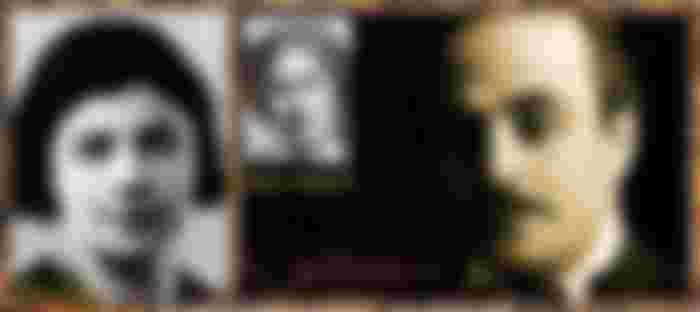
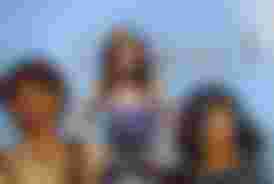
How beautiful those times were with pure emotions.